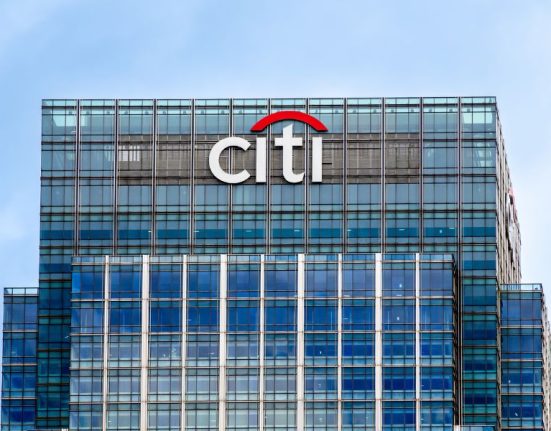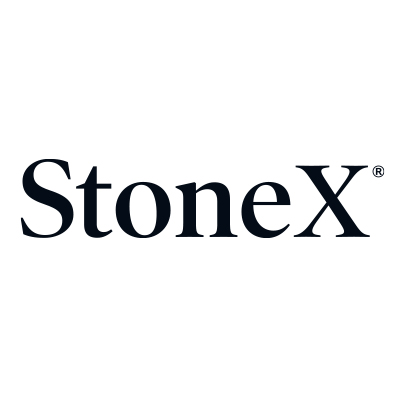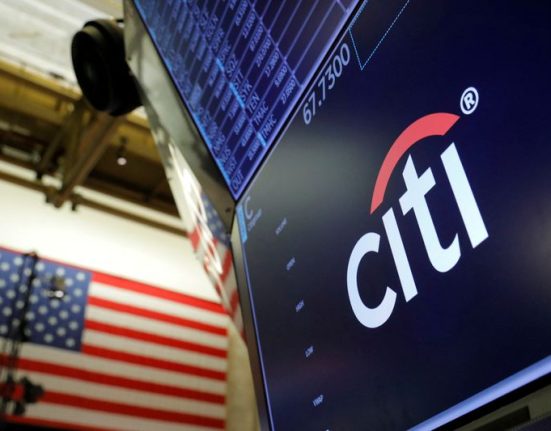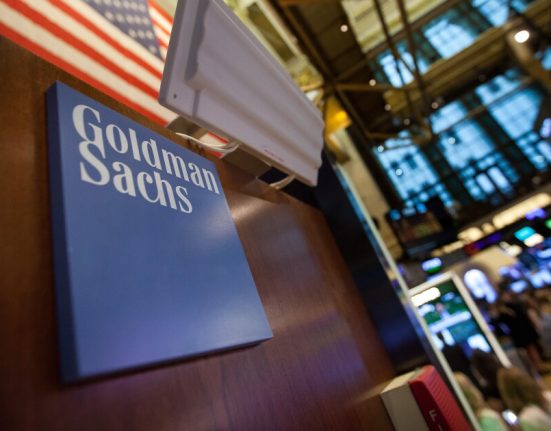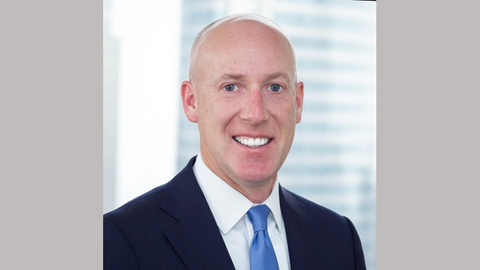For students with sights set on investment banking, two graduate degrees are front-runners: the Master’s in Finance (MiF) and the MBA in Finance. Both are well-regarded in global finance circles, but the paths they offer can differ dramatically. The MiF is typically a fast-track entry for younger candidates, while the MBA is often a strategic pivot for professionals aiming to step into leadership. So, which degree gives you a stronger edge in landing, and growing, a career in investment banking? The answer depends on where you are in your journey, and where you want to go.
Who is each degree really for?
The MiF is usually designed for fresh graduates or early-career professionals with strong quantitative or business backgrounds. These candidates are looking to build technical expertise and jump straight into finance roles without prior full-time work experience.In contrast, the MBA in Finance is aimed at mid-career professionals, typically with three to five years of work experience. Many are career-switchers or professionals from consulting, engineering, or tech backgrounds who want to move into finance at a more senior level.
Curriculum: Technical mastery or strategic depth?
Master’s in Finance programs are laser-focused on core financial concepts — think valuation, modelling, risk management, and financial markets. Students graduate with highly specialised skills suited for analytical roles at investment banks, hedge funds, or fintech firms.MBA programs, while offering finance electives, take a broader approach. In addition to financial strategy, students study leadership, operations, and business strategy. This prepares them for roles that blend finance with managerial responsibilities, such as investment banking associates or financial consultants.
Recruitment and career entry points
Investment banks hire MiF graduates primarily for analyst roles. These are frontline positions that involve heavy financial modelling, market research, and client support — ideal for launching a career early.MBA graduates, on the other hand, often enter at the associate level, which comes with greater responsibility and higher pay. However, competition is fierce, and getting into a top MBA program with strong banking recruitment requires both prior experience and networking.
Cost and return on investment
A Master’s in Finance is generally more affordable, both in tuition and opportunity cost. Most programs last between 10 and 18 months, with faster return on investment — often within two to three years after graduation.MBAs, especially from top global schools, are significantly more expensive and longer in duration. While post-MBA salaries are higher, it often takes four to six years to break even, especially if you factor in lost income during the program.
Geographic trends in hiring
In Europe, MiF programs like those at LBS or HEC Paris are highly regarded by investment banks. These schools have established pipelines into top firms across London and continental Europe.In the US, MBA programs dominate the recruitment landscape, particularly for associate-level positions. Banks like Goldman Sachs, Morgan Stanley, and J.P. Morgan run dedicated MBA hiring tracks. In Asia, both degrees are respected, but the MBA holds slightly more weight due to its emphasis on leadership and versatility.
Which degree leads to faster career growth?
MiF graduates start earlier and often develop strong technical reputations. However, they may hit a ceiling unless they pursue additional leadership training or pivot into management later.MBA graduates tend to advance faster into senior roles, especially in client-facing positions or team leadership. Their exposure to strategic thinking and soft skills can be a major asset in rising through the ranks.If you’re early in your career and eager to break into investment banking without delay, the Master’s in Finance offers a focused, efficient route. But if you’re looking for a mid-career pivot or a broader launchpad into senior roles, an MBA in Finance may open more long-term doors — especially in the US and Asia.Ultimately, the best degree for you depends on your career stage, financial readiness, and how soon you want to enter, and grow within, the high-stakes world of global finance.TOI Education is on WhatsApp now. Follow us here.



